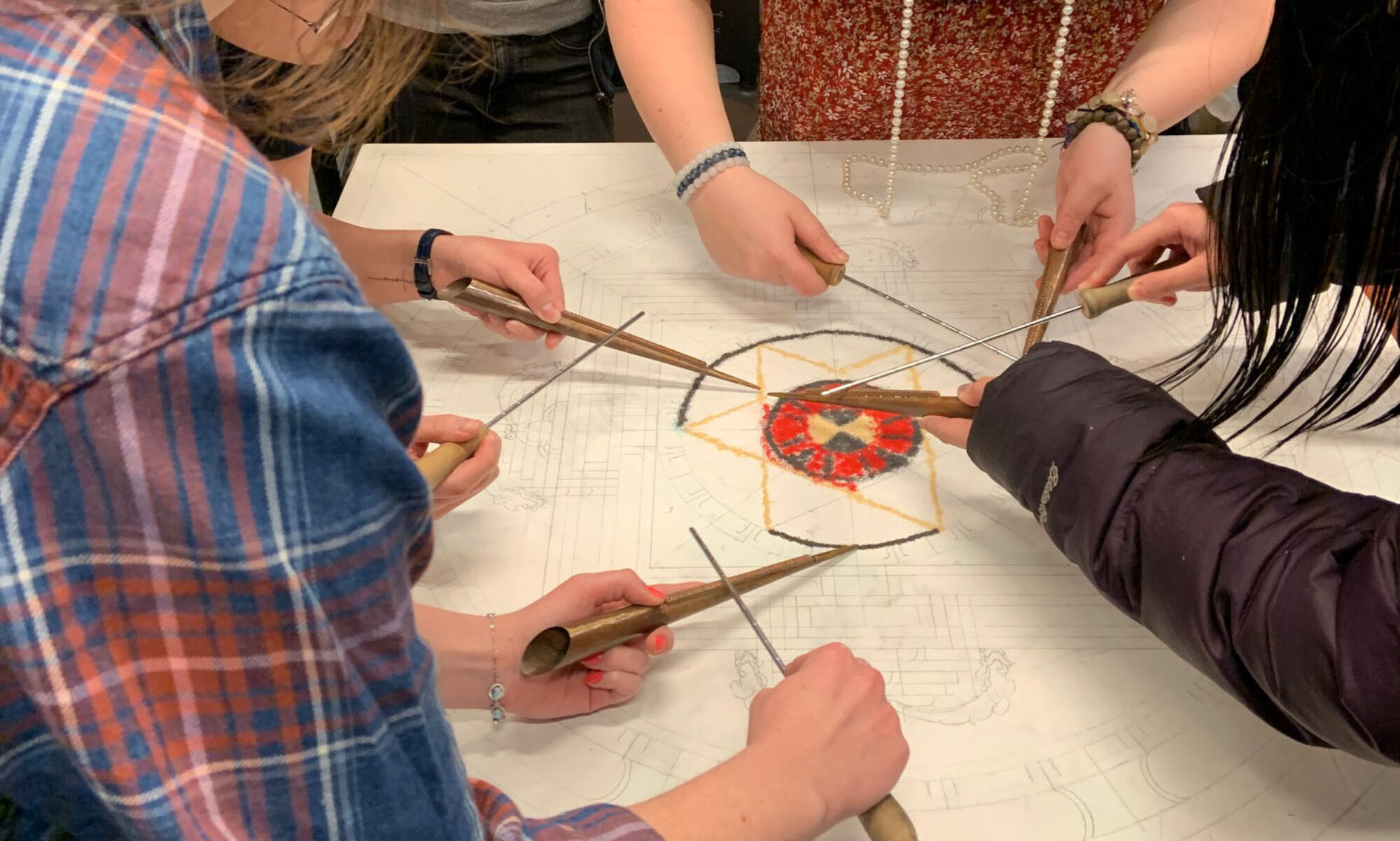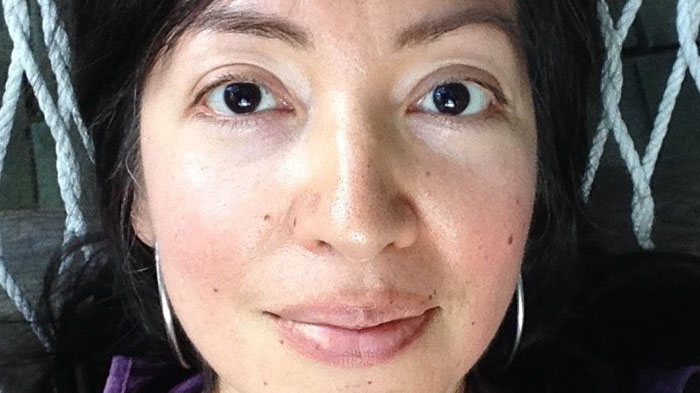In this episode, Sarah Richardson speaks with Natalie Avalos, now a Chancellor’s Postdoctoral Fellow in the Department of Ethnic Studies at the University of Colorado Boulder, but joining the department as an Assistant Professor in the 2020-21 academic year.
Sarah and Natalie discuss Natalie’s unusual research specialization in both Tibetan Buddhism and Native American and Indigenous religions traditions. They explore how she prioritizes the undoing of colonization through her teaching, covering somatic and affective dimensions of colonial legacies, historical trauma, and how to make the mechanisms of power visible to students.
Show Notes
1:16 – Natalie introduces herself and UC Boulder
1:53 – Natalie’s combined interest in Indigenous Religions and Tibetan Buddhism
7:01 – The meaning of decolonialism
10:15 – Strategies to denaturalize mechanisms of power
15:10 – What types of readings help students navigate false hierarchies in the study of Buddhism
21:05 – Methods of engaging students with interconnections
25:42 – Natalie’s “Lived Religions” course and the types of students she teaches
33:25 – Student engagement with religions on the ground
34:58 – The power of teaching religion
35:28 – Natalie’s formative teachers both academic and personal
41:15 – Disciplinary boundaries, potentials and freedoms
49:49 – Natalie’s “Decolonial Autobiography” assignment
55:16 – Endings
Resources Mentioned
Religious Studies News issue on decolonial approaches to teaching religious studies
Linda Tuhiwai Smith’s book, Decolonizing Methodologies
All Buddhism is Engaged: Thich Nhat Hanh and the Order of Interbeing, by Patricia Hunt-Perry and Lyn Fine, a chapter in Christopher S. Queen’s book, Engaged Buddhism in the West
bell hooks on Contemplation and Transformation, in the book, Buddhist Women on the Edge
Bell Hooks on Building a Community of Love, an interview with Thich Nhat Hanh
A video of birds flying in murmuration

